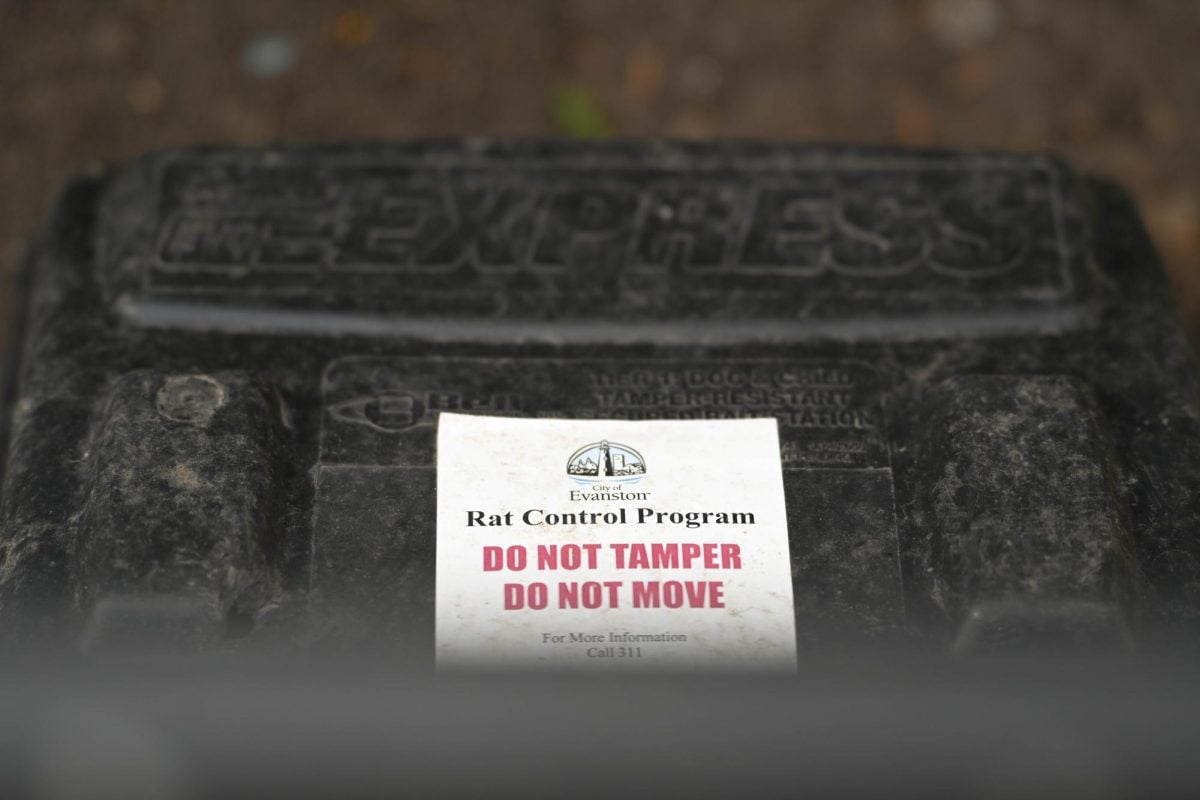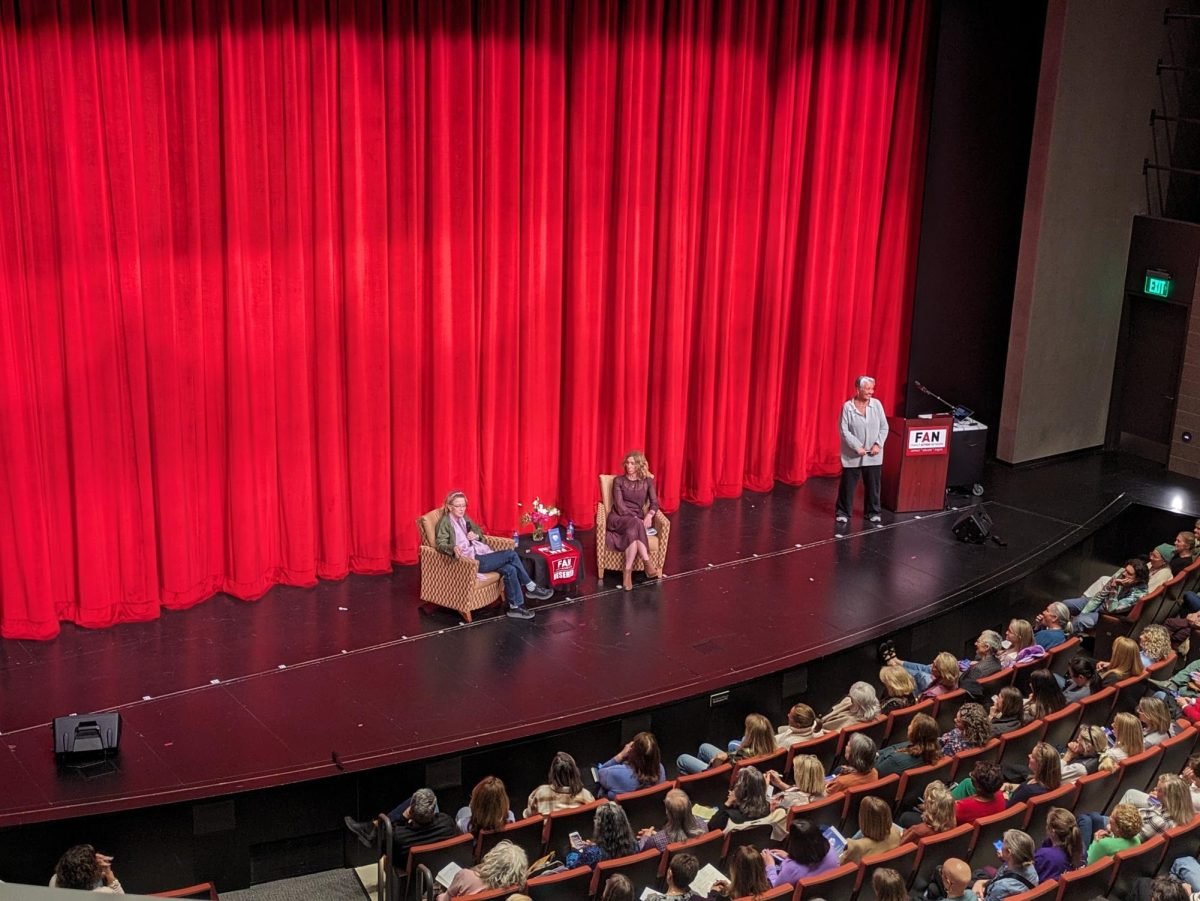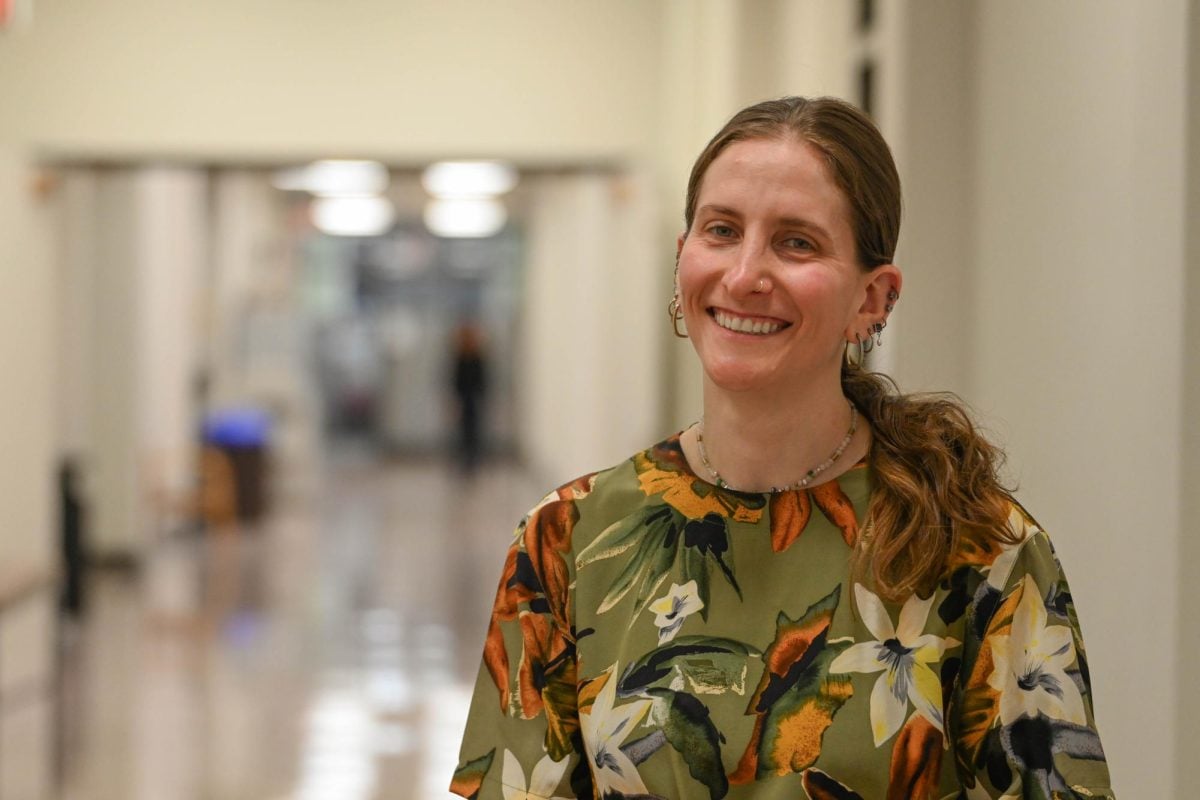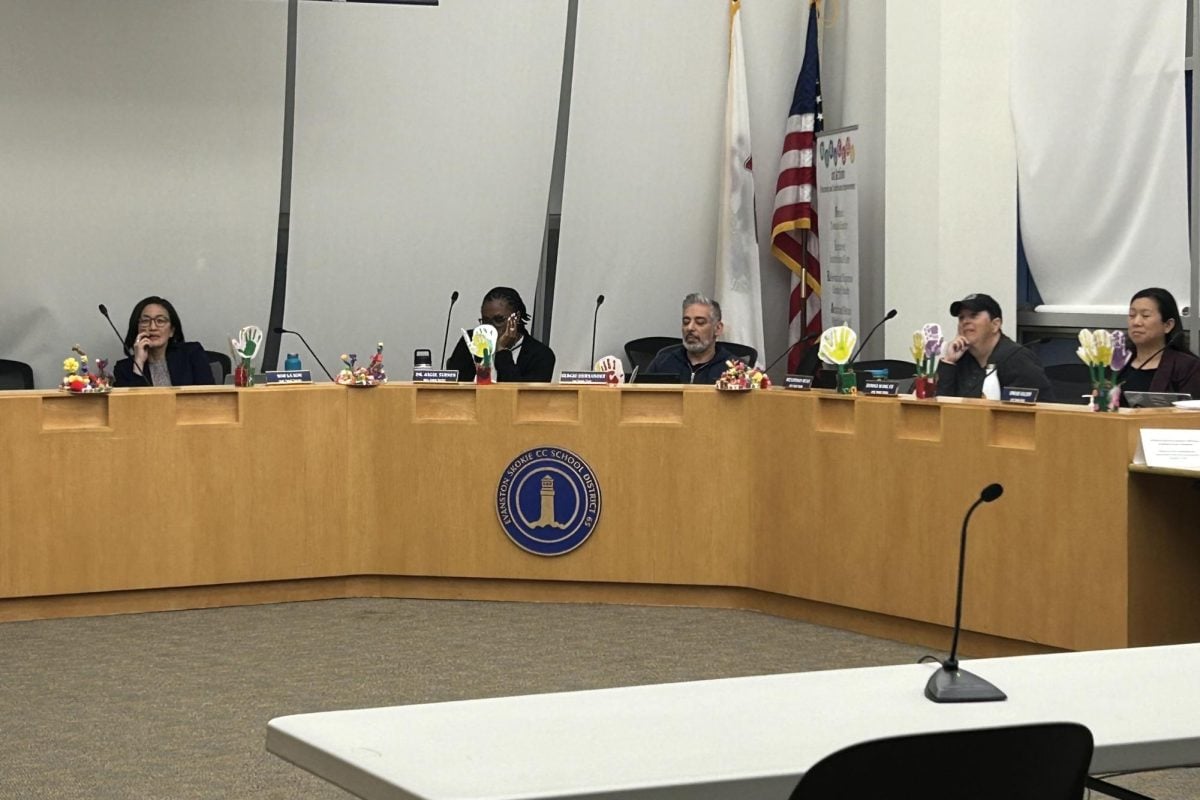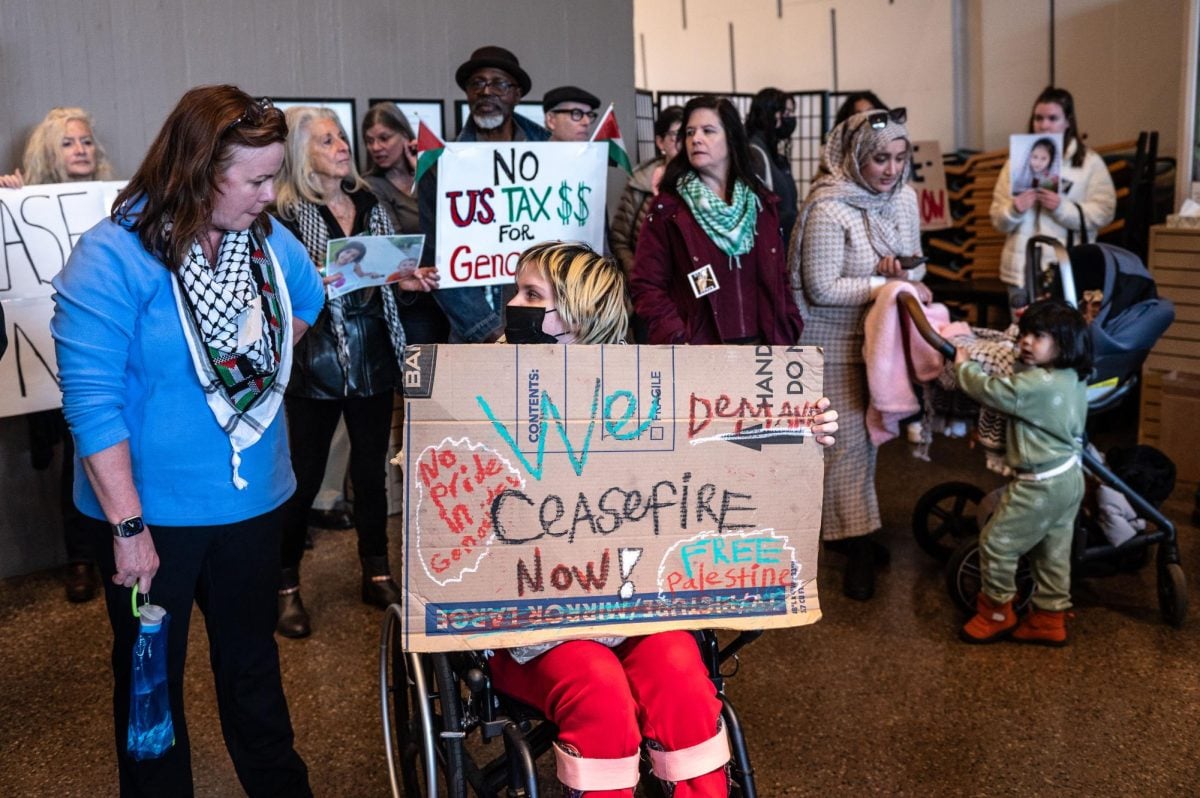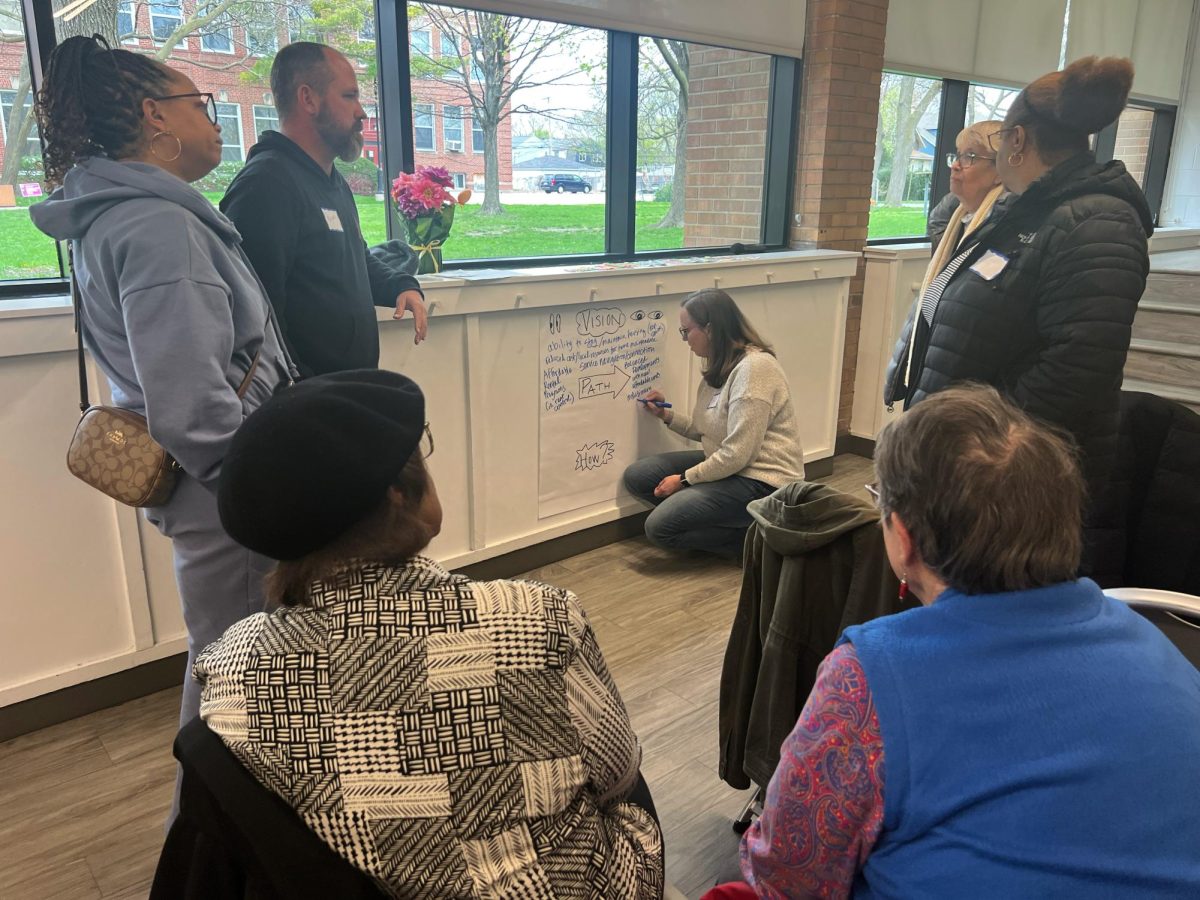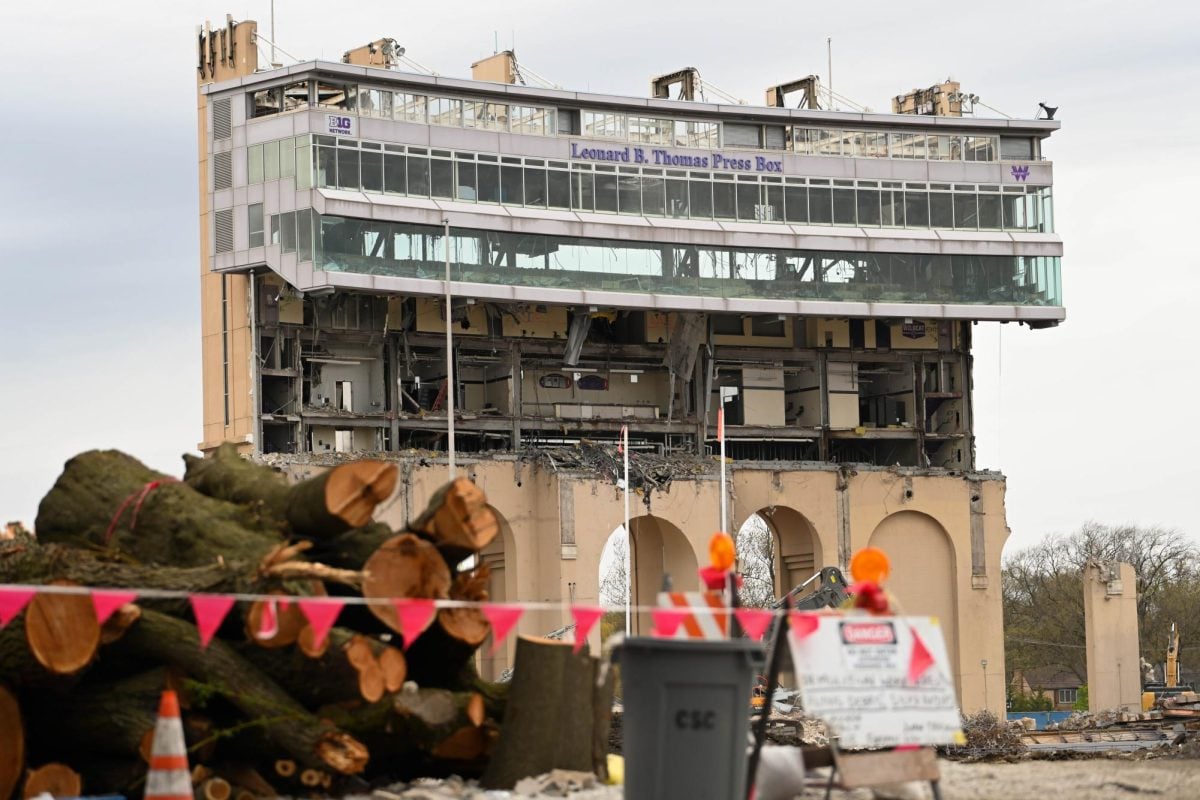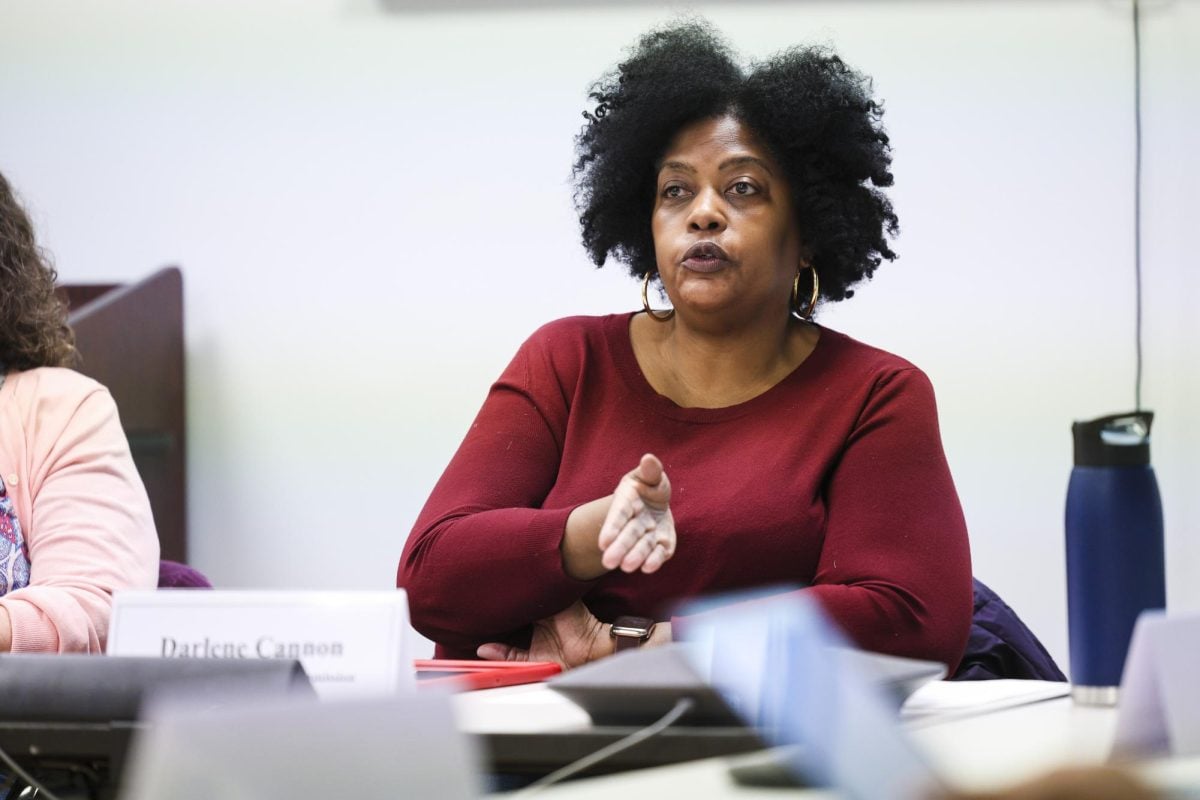Evanston released a draft report Friday looking into the city’s use of federal grants to meet community development needs.
The consolidated annual performance and evaluation report also proposes key changes to the city’s Consolidated Action Plan, a five-year plan outlining the city’s priorities in using funds from the U.S. Department of Housing and Urban Development.
Evanston spent a total of $2,509,025 in HUD funds to assist low- and moderate-income residents during the past year, according to the report. The funding consists of the Community Development Block Grant, Emergency Solutions Grant and HOME Investment Partnerships Program grants for fiscal year 2012, as well as a second allocation of 2011 ESG funds.
The city received more HUD grants than it had planned for, city grant administrator Sarah Flax said.
“We actually planned for a bigger reduction,” she said Tuesday.
The city used the grants to achieve three goals: providing decent housing for residents, supplying a suitable living environment and expanding economic opportunities.
Decent housing took up 61 percent of spending, 20 percent went toward providing a suitable living environment for residents, and 4 percent was used for economic opportunities. The remaining 14 percent went toward administration and planning expenses.
The entitlement funded senior services, 25 affordable housing units and public improvement projects such as graffiti removal.
Though the city is meeting the quantitative goals outlined in the consolidated plan, Flax said challenges abound given the economy.
“We’ve been general doing well in terms of numbers,” she said. “The challenge is: Are you really making progress everywhere? …We can make our numerical goals, but have we solved all the problems? Not necessarily.”
Affordable housing and unemployment remain “ongoing” challenges facing low- and moderate-income residents, Flax said.
Ald. Delores Holmes (5th) agreed unemployment is a major problem facing low-income residents in her ward.
“Just being able to provide necessities … for the family is always an issue for low-income households,” Holmes said.
Flax said the city anticipates deeper cuts in federal and state entitlement funding for this fiscal year, which would exacerbate conditions for low- and moderate-income residents.
“One of the huge challenges is managing and addressing needs when we are a relatively small portion of the overall funding for the problems we are trying to address,” she said.
The city needs to prioritize affordable housing, said John Mroczka, residence director at the McGaw YMCA. The YMCA currently houses 165 low-income residents and hopes to obtain about $30,000 from CDBG grants this year to help fund a new kitchen in its residence, Mroczka said.
“Housing can always be improved,” he said. “There’s such a need for housing for low-income residents in town.”
The report also proposed key changes to the city’s five-year consolidation plan.
The city would no longer fund a housing repair program and would reallocate the money to a city-managed program that would fund emergency housing repairs. This program would assist residents with homes with life safety issues who do not qualify for a CDBG rehab loan, and whose household incomes does not exceed 80 percent of the area median income.
The city would also allocate $100,000 uncommitted funds to an economic development fund to assist projects that further the city’s economic development goals, such as loans to for-profit businesses, facade improvement grants and technical assistance to micro-enterprises. In 2012, it established a revolving loan funded with payments from the existing CDBG funded loans for similar purpose.
The proposal stemmed from the city’s positive experiences with loans for the bar Ward Eight and Chicago’s Home of Chicken and Waffles, Flax said.
The city will also host a public hearing March 5. Public comment period for the report opened Monday and will close March 11 at 4 p.m.


